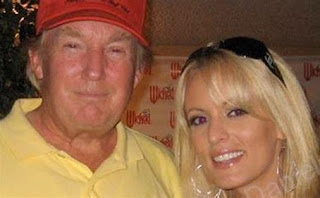 |
| Who knows? |
Former senator Rick Santorum of Penn. finally won the Iowa caucuses over Mitt Romney with 34 votes when the folks in Iowa
Apparently there were missing votes in eight Iowa Iowa
Pretty pathetic for an election that screams to the rest of the country each year that they are the first, and one of the most important votes in the primaries leading up to the primary nomination. I have never understood the importance of these caucuses, and maybe the rest of the country and future presidential candidates will come to agree after this year. But Romney’s close second does speak well of evangelical voters in that they were apparently able to put religion aside and vote with reason.
Did the same situation occur in South Carolina
In 2012, 97 percent were worried about the economy in South Carolina
You can see the entire So. Carolina CNN Election Poll results here.
This is all somewhat perplexing since a meeting of the Christian conservative leaders in January of this year in Texas
 |
| Newt Gingrich |
Although the Christian conservative majority vote was for Santorum, individuals voted for other candidates, such as American Family Assn. founder Don Wildmon who voted for Gingrich. For those of you who haven’t heard, Gingrich took So. Carolina Carolina
The big question is, if Newt Gingrich wins the Republican nomination, will he be a more formidable candidate against President Barack Obama than Mitt Romney? He is an excellent debater, but so is Obama. Gingrich has personal life baggage with his ex-wife that doesn’t play well with religious conservatives where the President is squeaky-clean. Both men are highly intelligent and there is no doubt in the separation of ideologies.


























